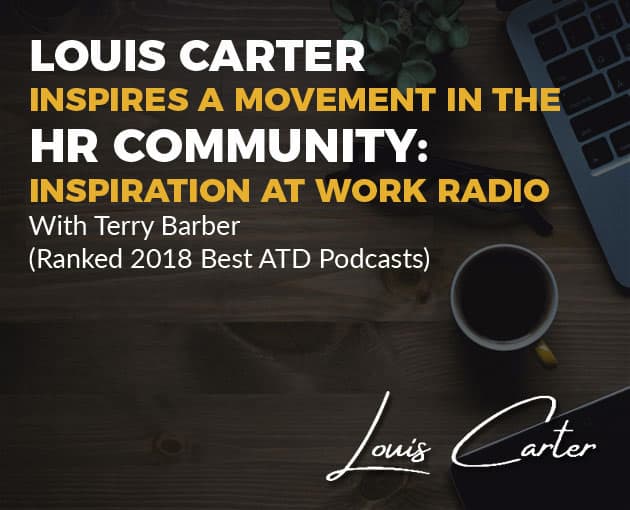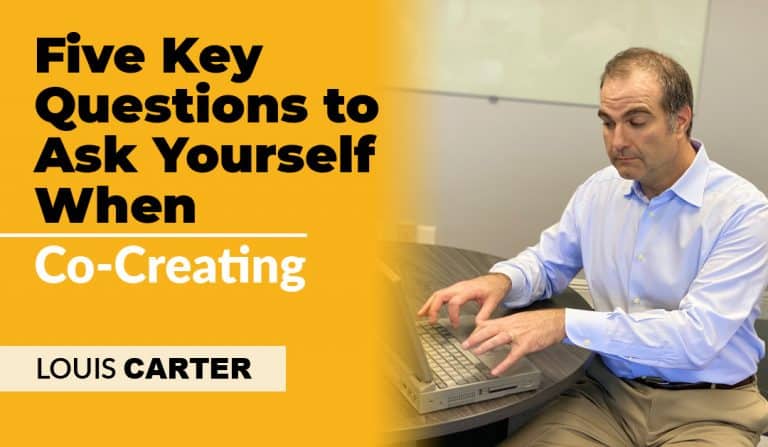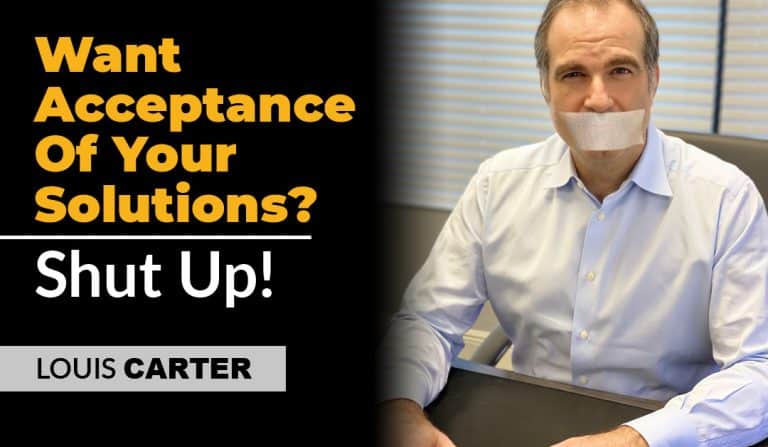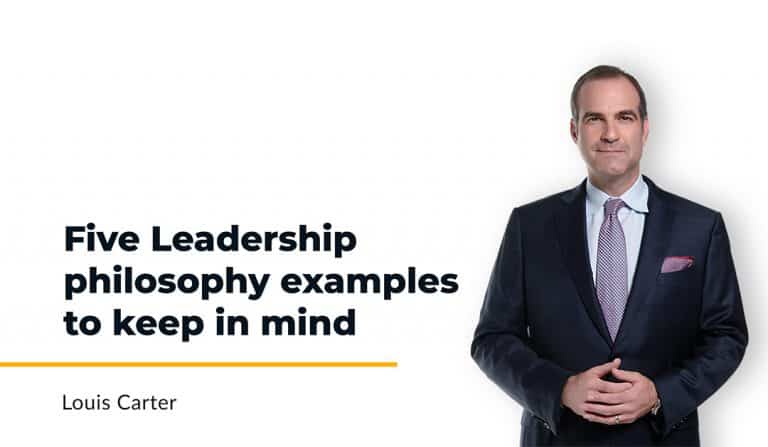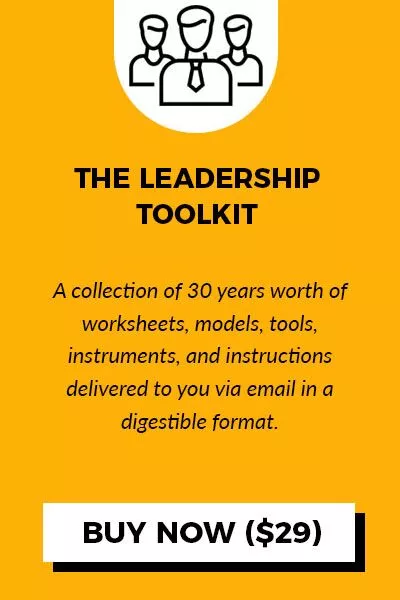There’s a lot of companies who say they’ve done amazing things around performance management. General Electric is one of them, Adobe is another. They have very different ways that actually create an outcome, and they do it a little bit differently. Adobe has allowed their performance reviews to become less rating focused. GE has reduced the amount of rating that occurs at their organization so that it reduces rater fatigue. Think about this. If you have an annual employee performance review, and it has hundreds of questions on it, are people going to want to do those employee reviews or are they going to want to run away from it and go the next organization?
Most likely they’ve going to be fatigued by it. When we reduce the amount of questions, the amount of rating that we have for employees, we allow them to want to do that rating more. In my view, the best performance management process out there today is the one that works for your employees and reduces their fatigue around the process and that connects the most to your specific employee competencies and strategy. When you don’t connect to business strategy, and you don’t connect to the outcomes by which you want your employees to achieve in your organization, you’re never going to be able to measure that change over time.
Other performance management systems focus on feedback, things that have been done wrong by the employee. There are things that are weaknesses of employees rather than things of strength. When we focus on things of strength, we give employees the opportunity to get better at what they do really well, and then have advice to get better at things that they need to be better at. Feed forward has enormous benefits for employees more than feedback because it gives a person a sense that they can be better. They can do better. When you’re given that opportunity, their amygdala, the emotion part of the brain, relaxes and they say, “I can do this. I can be a part of something greater than myself. I can create a positive future for myself in this organization. I can do better, I can be better.” That achievement focus makes an employee really want to become part of that environment and love what they do. You’re far more likely to love what you do and love your workplace when you’re given that opportunity to know what you do best.


